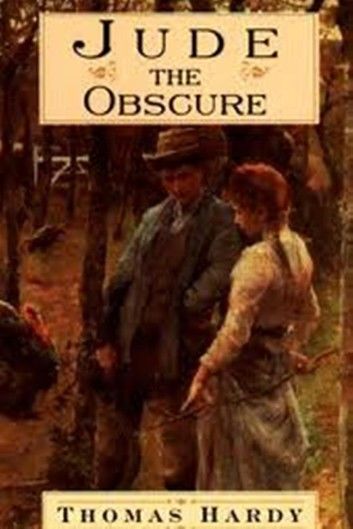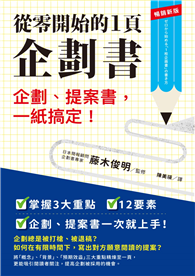The schoolmaster was leaving the village, and everybody seemed sorry. The miller at Cresscombe lent him the small white tilted cart and horse to carry his goods to the city of his destination, about twenty miles off, such a vehicle proving of quite sufficient size for the departing teacher's effects. For the schoolhouse had been partly furnished by the managers, and the only cumbersome article possessed by the master, in addition to the packing-case of books, was a cottage piano that he had bought at an auction during the year in which he thought of learning instrumental music. But the enthusiasm having waned he had never acquired any skill in playing, and the purchased article had been a perpetual trouble to him ever since in moving house. The rector had gone away for the day, being a man who disliked the sight of changes. He did not mean to return till the evening, when the new school-teacher would have arrived and settled in, and everything would be smooth again. The blacksmith, the farm bailiff, and the schoolmaster himself were standing in perplexed attitudes in the parlour before the instrument. The master had remarked that even if he got it into the cart he should not know what to do with it on his arrival at Christminster, the city he was bound for, since he was only going into temporary lodgings just at first. A little boy of eleven, who had been thoughtfully assisting in the packing, joined the group of men, and as they rubbed their chins he spoke up, blushing at the sound of his own voice: "Aunt have got a great fuel-house, and it could be put there, perhaps, till you've found a place to settle in, sir."











